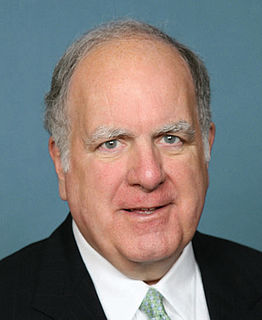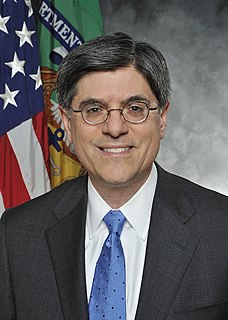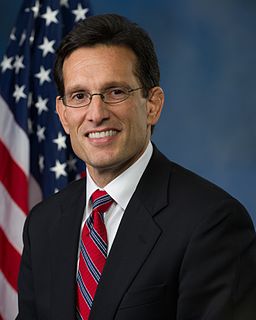A Quote by David Price
And so we go over the cliff fiscally, and our Republican friends try to pin the blame on discretionary domestic spending, including spending for security. We pass budget resolutions that fall far short.
Related Quotes
In the budget, the president will call for a five-year freeze on discretionary spending other than for national security. This will reduce the deficit by more than $400 billion over the next decade and bring this category of spending to the lowest share of our economy since Dwight Eisenhower was president.
Under the Barack Obama rules, if you wanted to help the military, if you wanted a pay raise for the soldiers, if you wanted to buy new airplanes and new ships and more munitions, a dollar for that, you had to have a dollar domestic spending. We just broke that parity. That's the biggest victory we could have had: $25 billion year over year for our military, to begin to rebuild our military, without that kind of corresponding increase in domestic discretionary spending.
If our nation goes over a financial Niagara, we won't have much strength and, eventually, we won't have peace. We are currently borrowing the entire defense budget from foreign investors. Within a few years, we will be spending more on interest payments than on national security. That is not, as our military friends say, a 'robust strategy.'
The American people elected us here to cut spending so we can create an environment for jobs in America. The House has acted. We have demonstrated that we want to see spending, discretionary spending, brought down to levels of 2008. We've seen no counteraction. We have seen no position that has been expressed by the other side at all.
Does it sound outrageous to you that military spending for fiscal year 2000 will be almost $290 billion and all other domestic discretionary spending, such as education, job training, housing, Amtrak, medical research, environment, Head Start and many other worthwhile programs will total $246 billion, the biggest disparity in modern times ?
After the $700 billion bailout, the trillion-dollar stimulus, and the massive budget bill with over 9,000 earmarks, many of you implored Washington to please stop spending money we don't have. But, instead of cutting, we saw an unprecedented explosion of government spending and debt, unlike anything we have seen in the history of our country.
I don't want to revisit history or try to re-interpret it, you know, but starting from where we are now, given the experience that we've had in the last, you know, since 2001, which has been an utter disaster, I don't think it's benefited us. Half of our discretionary budget, right, it's like 54% of our discretionary budget right now is being spent on the military. This is not working.































